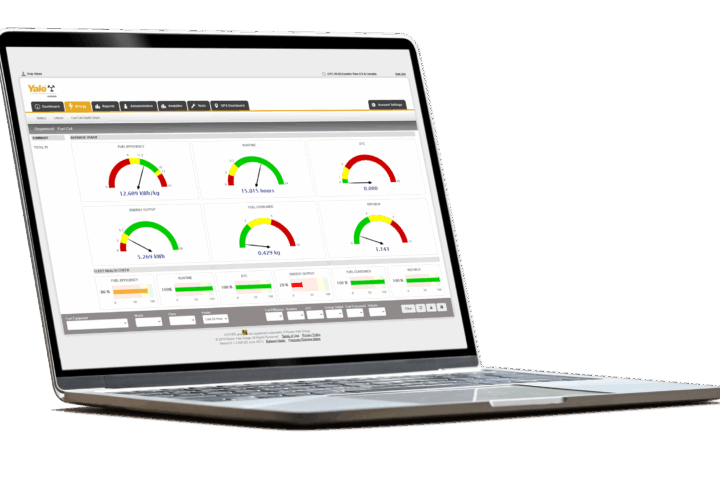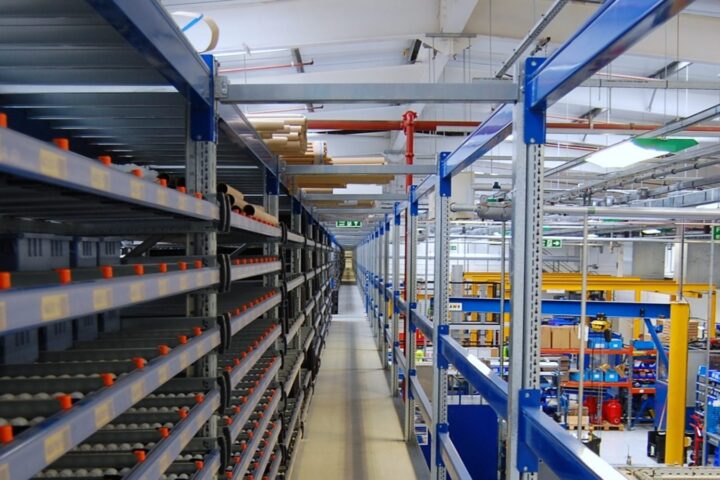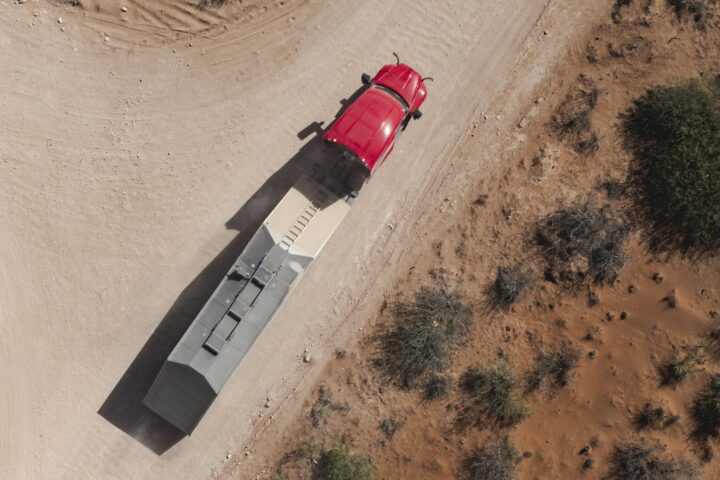TFI International’s Q2 revenues slipped to $2.04 billion (all figures USD), down from $2.26 billion the same quarter last year, while net income fell to $98.2 million, down from $115. 7 million last year.
Revenue was down 13% in the LTL segment, 6% for truckload and 12% for logistics.

“We delivered strong margin performance across all business segments which drove another quarter of solid free cash flow for TFI International,” said Alain Bedard, chairman, president and CEO. “New segment leadership has sharpened our teams’ focus on our fundamental principles, including quality of revenue and operational efficiencies, enabling us to perform despite still-subdued market conditions. Combined with our strong balance sheet, this quarter’s results demonstrate we are well positioned to capitalize on future demand while continuing to make strategic investments to drive long-term profitability.”
Speaking to analysts on an earnings call, Bedard highlighted improvements in customer service that will eventually translate into stronger rates.
“What comes first is quality of service. If you don’t have that and you’re competing with good peers that provide good service, good luck,” Bedard said, admitting missed pickups have been an issue for TForce Freight in the U.S. “You’ve got to be stupid to miss 3% of your shipments. Now we’re down to 1%. We should be down to 0%.”
The company has slashed missed pickups by about 50% year over year in the second quarter.
While TFI International has been improving its service levels in the U.S., Bedard said customers want to see that service improvement continue before they’re willing to pay for it.
The company is now laser-focused on no longer missing pickups, while also implementing technology that’s helping it with billing accuracy and reducing its time to get paid. Software is also helping the fleet to move more freight to its own trucks from the rail – down from about 30% of its miles to closer to 20% — thanks to its improving truck service levels, Bedard explained. This has been done without adding drivers, just better utilizing the existing fleet.
The company is also working on improving its claims ratio.
“We’re not good,” Bedard admitted, noting the company has reduced its claims ratio down to about 0.7% of revenue from 0.9%. However, the Canadian fleet has a claims ratio of about 0.2% of revenue, on par with the best performers in the U.S. “So, this is a huge cost for the company.”
TFI International has brought on a new person to focus on improving the TFI’s culture around claims and safety.
Tariffs affecting LTL freight
Asked how the threat of U.S. tariffs on Canada is affecting TFI, Bedard said it’s had a noticeable impact on Canadian LTL shipments.
“We’re still doing really well, but we’re down. And one of the reasons we’re down is because all the trade between the U.S. and Canada on the LTL side is down and this is the most profitable business that we have,” he said.
Northbound loads have been hit hard.
“We’re mostly affected by the instability in our industrial truckload base in the U.S.,” Bedard said, “where are lot of our customers are waiting on the sidelines saying ‘Where are we going? What is going to happen? Where is this going to end?’”
Speciality truckload shipments are down about 10%, which Bedard blames on the tariff-related uncertainties.
“It’s very quiet right now. Hopefully with this Big, Beautiful Bill, that should help investment.”
Bedard said he believes passage of the bill will improve investment in the industrial sector, and maybe housing, which would benefit its Daseke flatdeck fleet. And the Daseke fleet, acquired in 2023, continues to be a work in progress.
“We’re transforming the good Daseke truckers, to change these guys from good truckers to good business truckers,” Bedard said. “A good business trucker is there to make money. A good trucker is there only to service the customer, and hopefully he makes money. That’s the difference between the two.”
TForce Freight
The mega-acquisition of UPS Freight, closed in 2021 and renamed TForce Freight, has been a “rock in our shoes” Bedard admitted. “We’ve never done well. We’ve tried everything, but I think now, for the first time since we bought the company, we’ve started to have a good sales team on the small- and medium-sized accounts that is highly motivated and getting results.”
Software is also helping to improve TForce Freight’s billing accuracy, added David Saperstein, chief financial officer.
“We’ve also changed our processes so that we no longer deliver until you have an account with us or we have your credit card,” he added, noting this has expedited payments from 45 days to 35. “It’s very rare to see such a dramatic reduction, and why is that? It’s because of the software and it’s because of a better process, which is a basic one, which is ‘don’t deliver the freight until you have an account’ and then you get paid quickly. So, this helps our customer service and helps the customer experience because there’s no running around afterward trying to figure out the billing.”
M&A
Asked about TFI’s plans for mergers and acquisitions, Bedard said the best value available today is buying back TFI International stock.
“In terms of a larger transaction, I think that you could see us getting involved in something of size in 2026,” he added.









